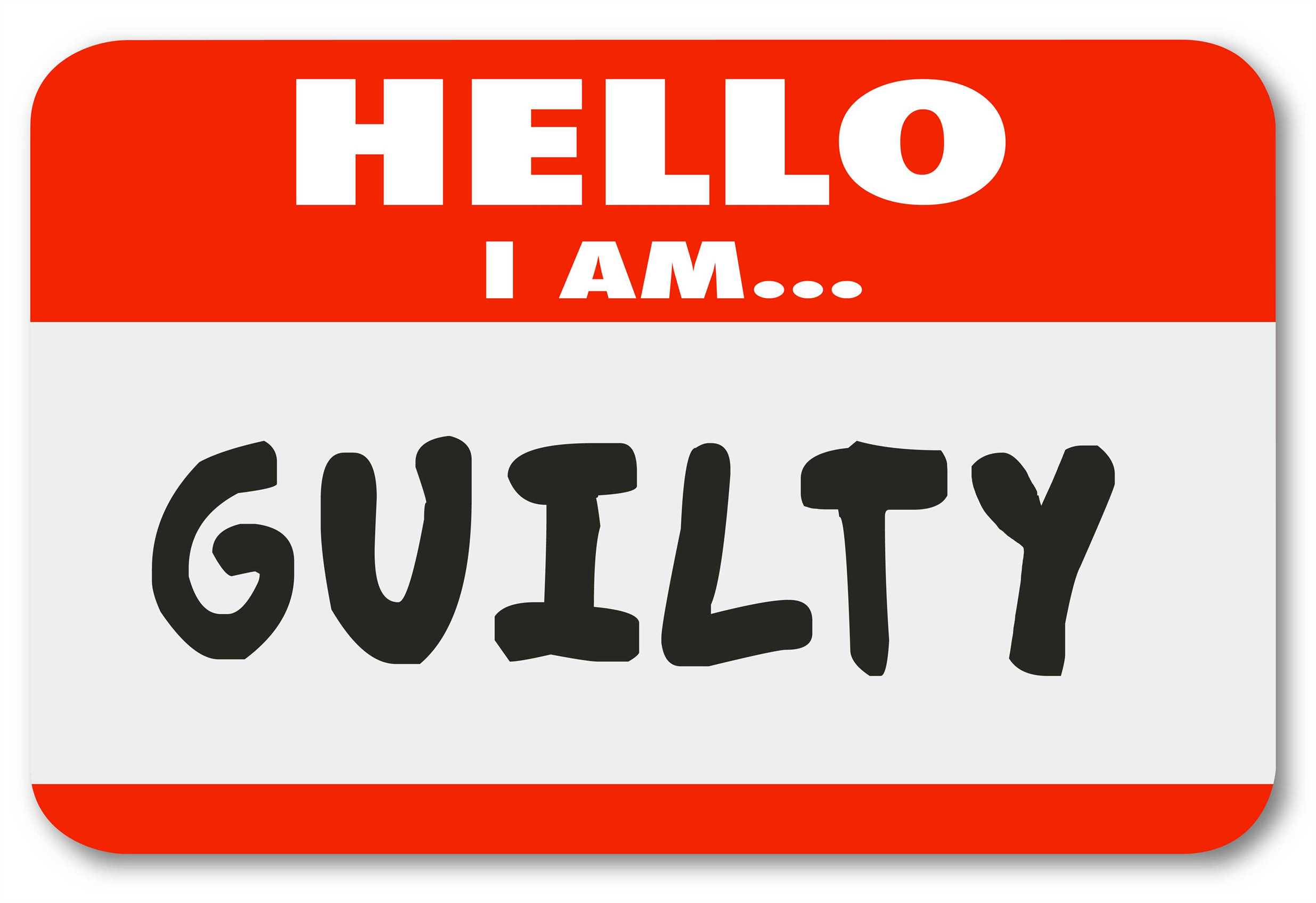
According to the qualified court appearance attorneys of Attorneys on Demand, it’s nearly always a mistake to just enter a guilty plea to your charges during arraignment. And why is that? Because as you enter a guilty plea to your charge, you are going to have a record of conviction for the charge. The justice or judge only has discretion to determine what sentence he/she should impose. Judges don’t have the power to change a charge to something less severe or to provide a filing or deferred disposition which ultimately might result in a dismissal.
Underneath the constitutional framework, just the prosecutor has this discretion, as an executive branch of government representative. The justice or judge represents the judicial branch and this branch doesn’t get to choose which charges are brought against an individual. If you plead guilty during arraignment, you are never going to have an opportunity to know whether there was a viable defense to the charges or if the D.A. might have exercised prosecutorial discretion within your favor.
The best approach includes discussing the matter with a lawyer before your arraignment. A lawyer is going to inform an individual of possible consequences of a guilty finding the person otherwise may not know about. For somebody who isn’t a United States citizen, a guilty plea may result in severe immigration consequences. Specific criminal convictions carry a ban for a lifetime on possession of ammunition or firearms, and still other ones result in driver’s license revocations or suspensions which are imposed after the fact by the Motor Vehicle Bureau.
If there’s an opportunity to avoid these consequences, the time to take action is before a guilty plea is entered, and not after the conviction is in place because of an uneducated guilty plea entry at arraignment.
In a misdemeanor case, as one hires a lawyer the lawyer will enter an appearance; not guilty plea in writing then save that person from going to court for the arraignment. Occasionally a lawyer may work out a favorable disposition of the charges before your arraignment and will achieve that disposition on your arraignment date.
However, no lawyer ever would go to an arraignment with his/her client, inform the client to enter a guilty plea to all and any charges then just plead for the court’s mercy at sentencing. An individual almost always ought to plead not guilty in the first case, obtain discovery materials from the D.A., assess and review the state’s case then approach the D.A., via counsel, to press weaknesses within the state’s case then search for a favorable resolution.
Why should you go through counsel? Because a lawyer is going to know precisely what to be on the lookout for, to find weaknesses within the state’s case, as well as knows what he or she should say and what not to state to a D.A. A private citizen doesn’t. Private citizens are more than likely to have just enough know-how to be dangerous to her or himself.